Having completed these activities, learners should have a grasp of basics. Revisit these concepts as often as requried to build confidence and familairity with them. If planning follow-on lessons, focus on the concepts and process of concept-to-actions, revisitng the compeuters’ need for sequence and ‘one isntruction at a time’. These will underpin everything else goign forward
The next stage will be planned similarly and will introduce more complex ideas for sequencing, patterns and sorting but the concepts will remain the same.



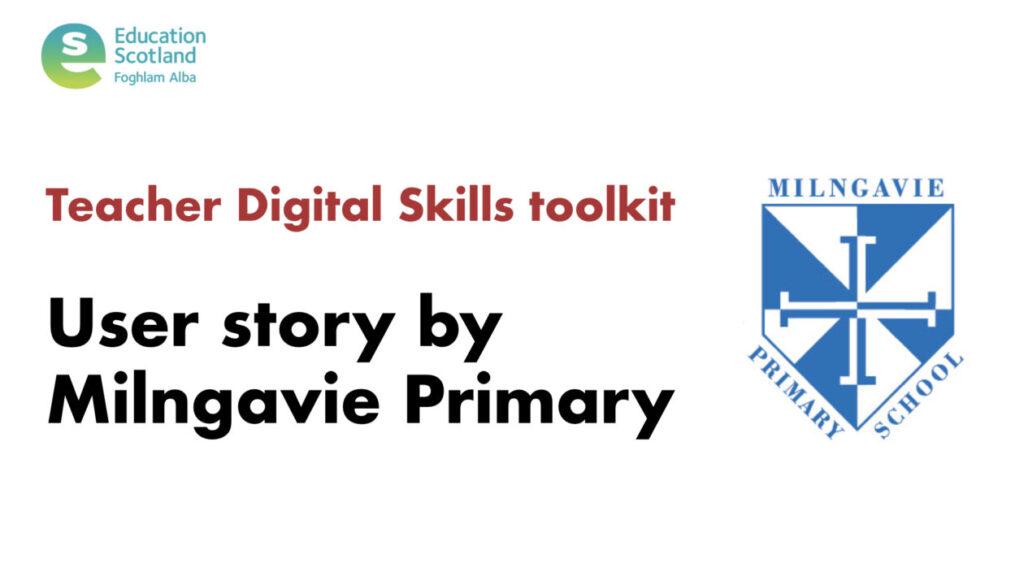
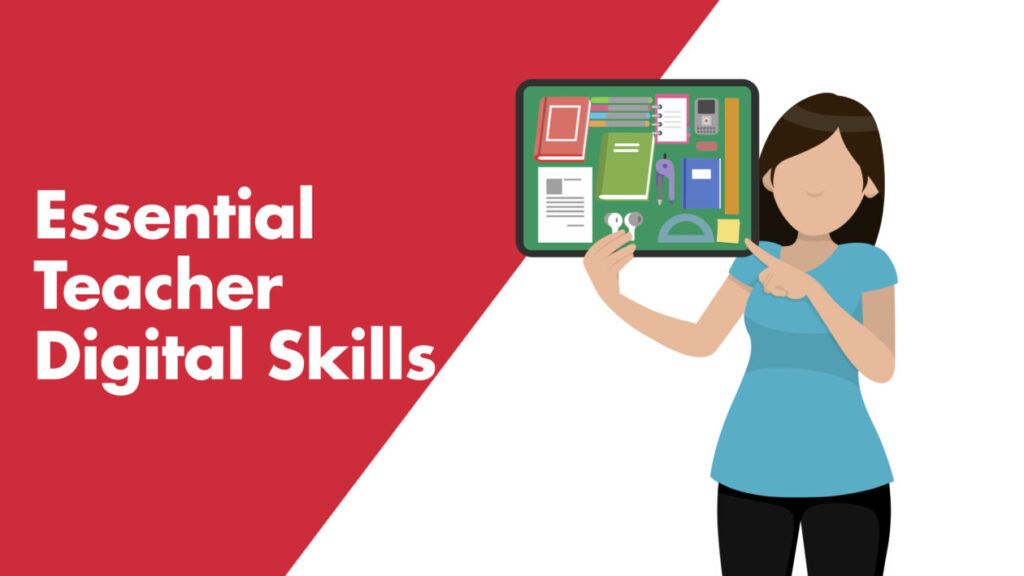
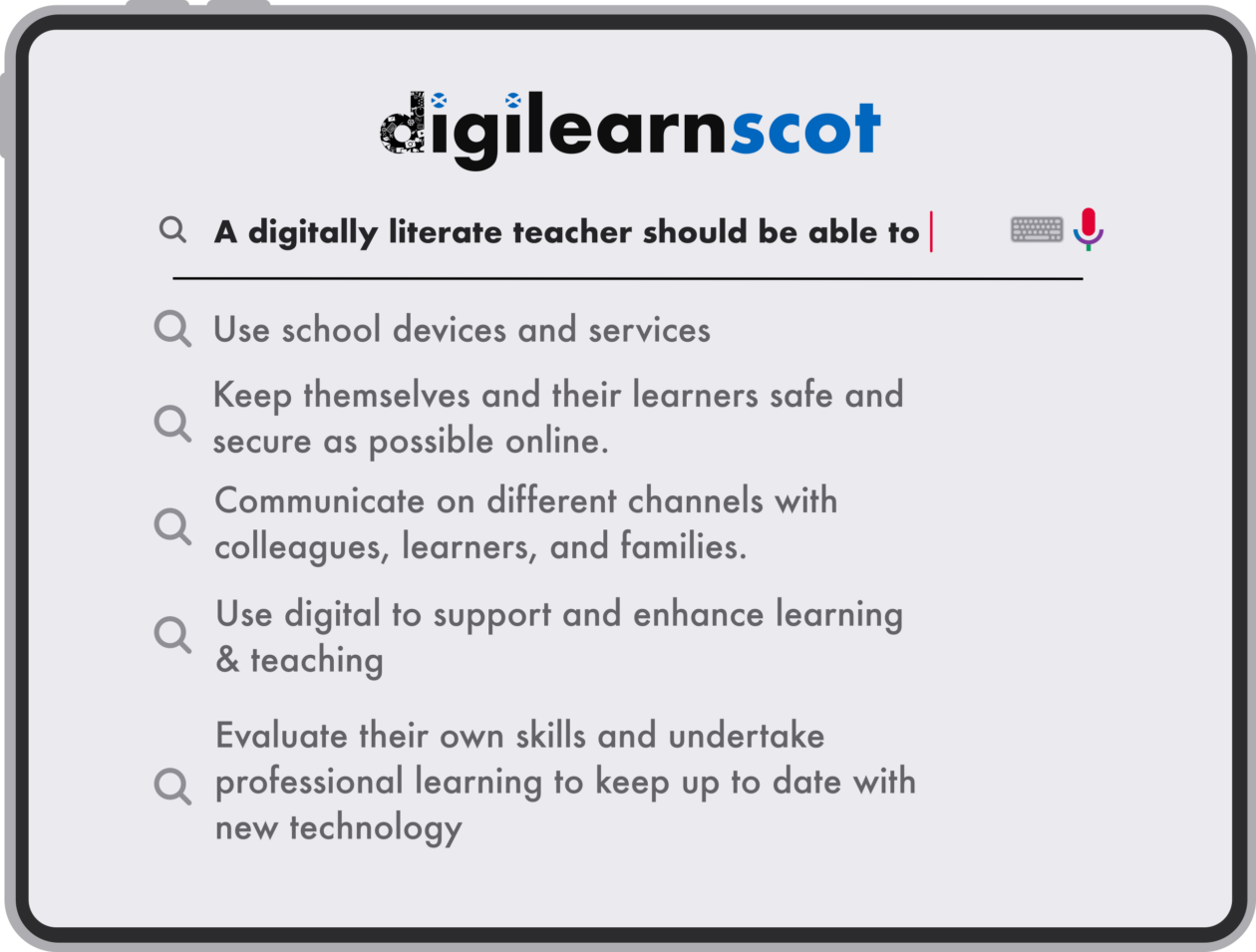
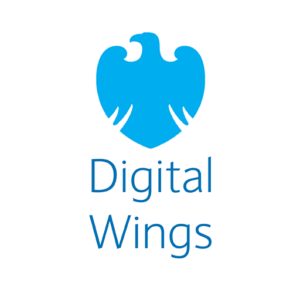
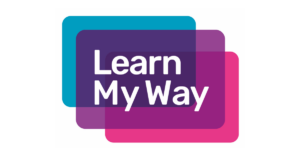




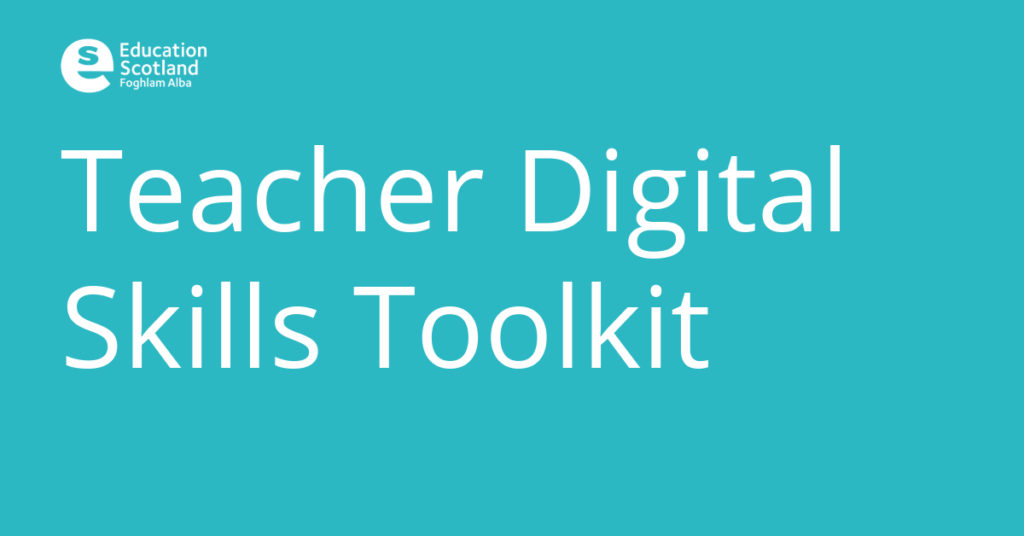
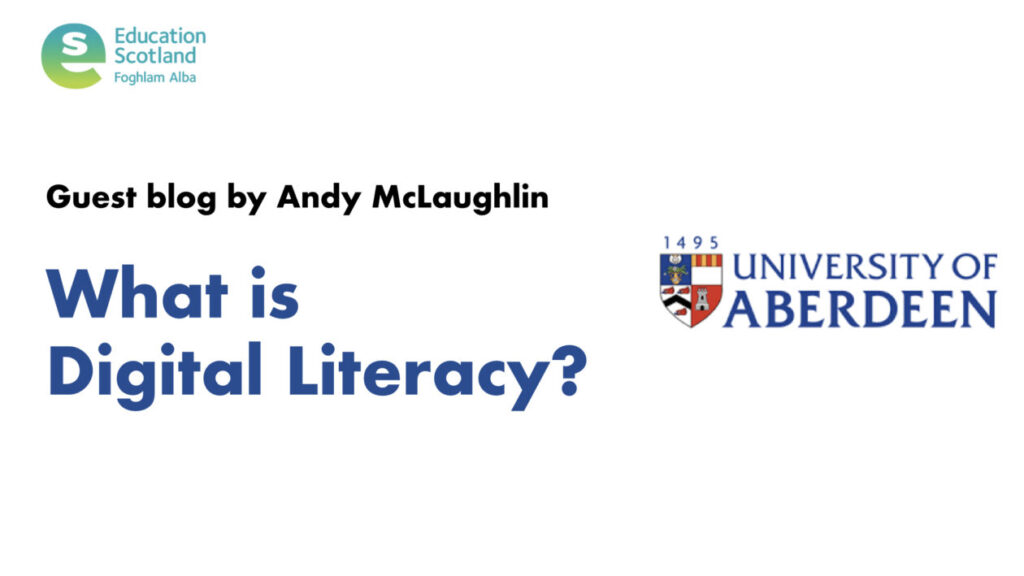
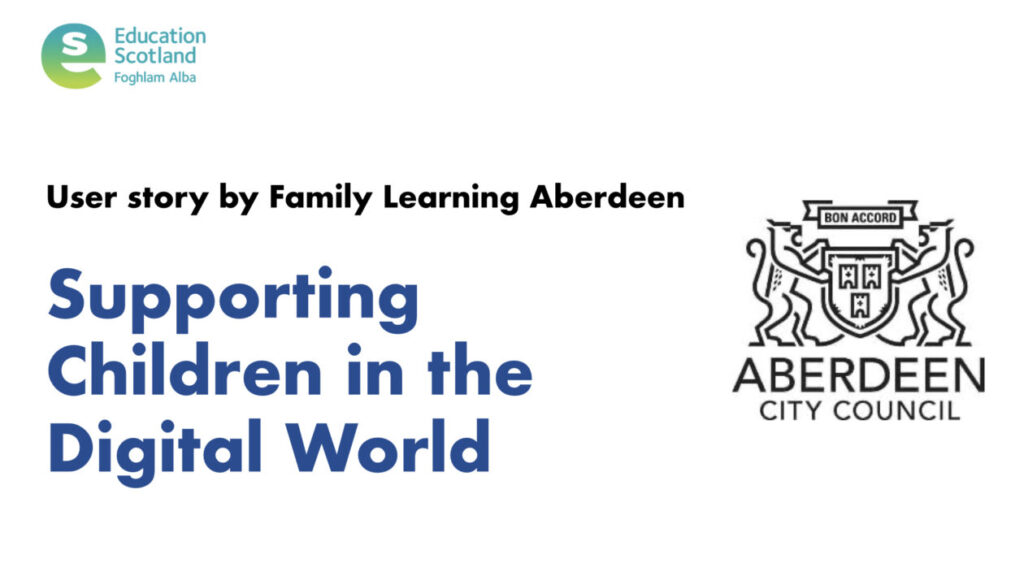
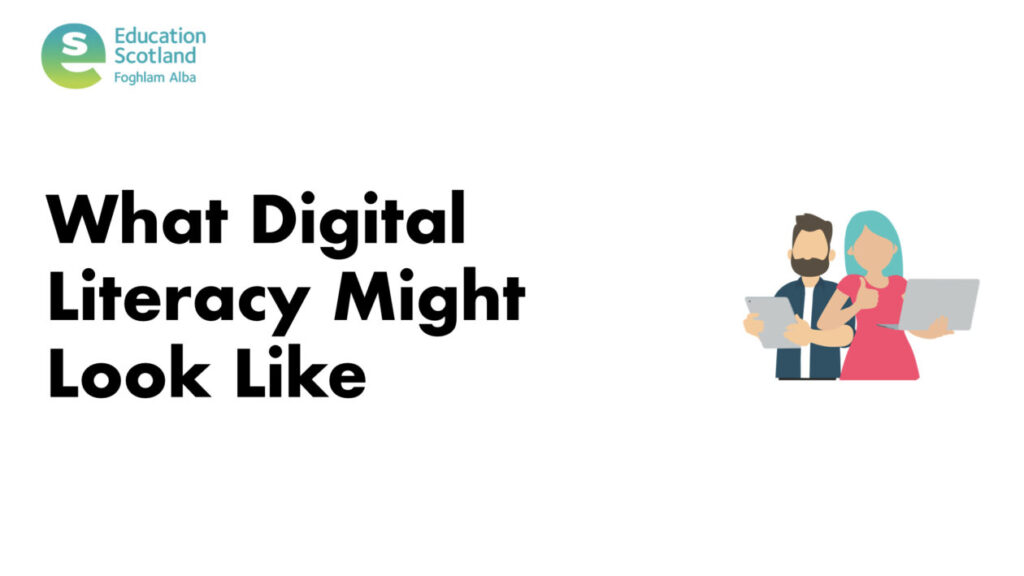
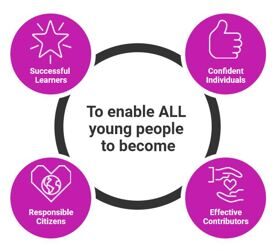

You must be logged in to post a comment.